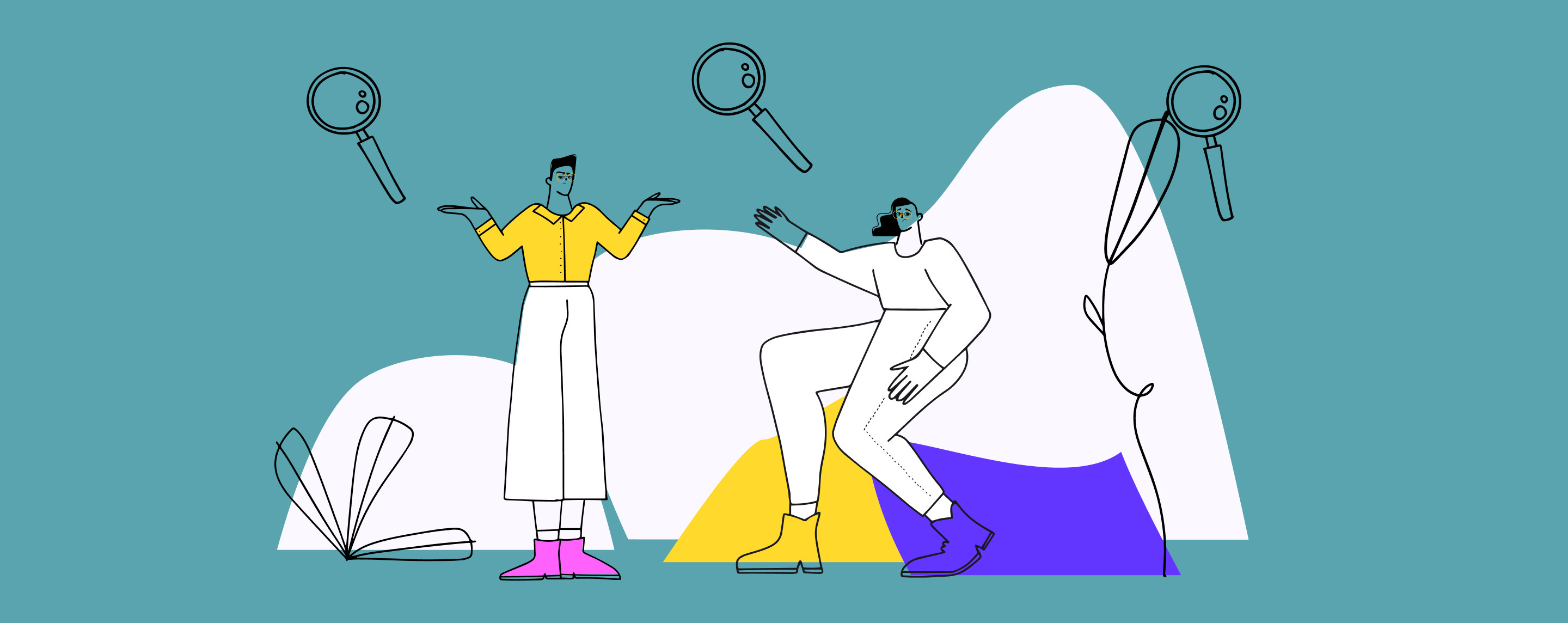9 Reasons Your Credit Score May Drop

Share this article:
Editor’s note: Lantern by SoFi seeks to provide content that is objective, independent and accurate. Writers are separate from our business operation and do not receive direct compensation from advertisers or partners. Read more about our Editorial Guidelines and How We Make Money.
What Is a Credit Score?
Why Is a Credit Score Important?
Why Did My Credit Score Go Down?
1. Late Payments
2. High Credit Usage
3. Multiple Credit Applications
4. Decreased Credit Card Limit
5. Closure of a Credit Card Account
6. Loan Payoff
7. Foreclosure or Bankruptcy
8. Inaccurate Credit Reports
9. Identity Theft
The Takeaway
SOLC0723001
About the Author
Krystal Etienne is a seasoned writer, editor, and storyteller with a passion for personal finance. Armed with a master’s degree in publishing from New York University, Krystal develops award-winning content during the day, mentors young adults through life skill development at night, and festival-hops on the weekends. She believes that with enough knowledge and the right tools in place, anyone can be capable of success.
Share this article: